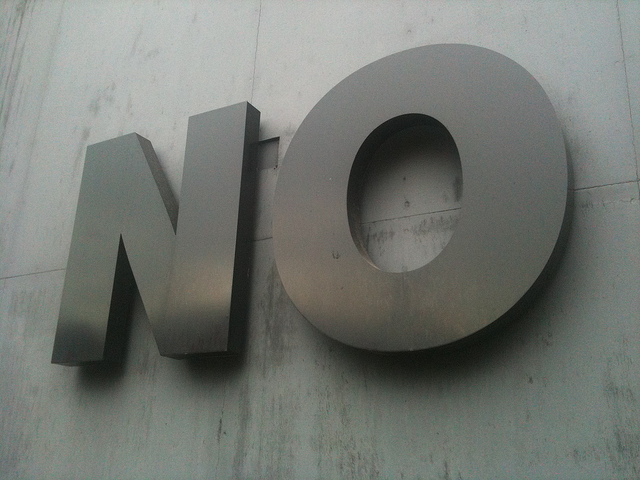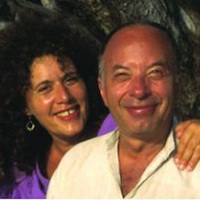It’s a simple equation: if we’re unhappy or angry then we’ll be angry at others and increase the suffering in the world; when we’re in pain, that pain gets projected out or blamed onto everything around us: “It’s your fault I’m unhappy!”
Just as a single match can burn down an entire forest, so anger can spread far and wide, affecting all it meets. In the same way, fear can incite further fear, leading to both violence and war. There’s no end to the way we can negatively affect each other.
But in the same way, when we’re at peace there’s one less person suffering and one less person causing suffering to others.
There’s a huge amount of discord, unrest and uncertainty in both our own lives and in the world at large; many of us are dealing with depression, unhappiness, or discontent. Obviously we need more consideration for each other and infinitely more peace, but we first need to find this within ourselves before we will ever find it anywhere else.
“We will always blame and condemn those we feel are responsible for wars and social injustice, without recognizing the degree of violence in ourselves.” ~ Thich Nhat Hanh
Fear has many faces, many disguises. There’s fear that is a natural response to physical danger, and there’s fear that is self-created, such as a fear of failure, of the dark, of being out of control. We fear people of different religions and races, any unfamiliar “other people.” And such fear easily becomes prejudice and racism.
“The only thing we have to fear is fear itself.” – President Franklin D Roosevelt
We become fearless when we turn fear around, face it, get to know it, and release resistance to it. By acknowledging and taking responsibility for our own fearful and aggressive tendencies we soon see that the enemy within is actually more harmful than the enemy without. This acknowledgement gives us the ability to change, not only our own lives, but the world as well.
We can make tolerance, acceptance, forgiveness, and love our priorities. Which doesn’t mean we are always in spaced out bliss while ignoring conflicts around us, but it does mean we have shifted our focus.
Anyone we have a difficult time with is really our teacher, as without an adversary—or someone who triggers a reaction such as anger—we would not be motivated to develop loving-kindness. So we can be grateful to them for enabling us to be more compassionate, tolerant and patient. We can actually thank our exasperating partners, reckless teenagers, competitive colleagues, or misguided fanatics for the chance to be kind. What a gift!
All this is possible through meditation, which isn’t a cure-all, it’s not going to make all our difficulties go away or suddenly transform weaknesses into strengths, but it does enable us to rest in an inclusive acceptance of who we are.
This doesn’t make us perfect, simply more fully human. And with that humanness comes greater humanity and humility.
Relephant Reads:
How I Beat my Negativity Bias.
~
Author: Ed & Deb Shapiro
Editor: Travis May
Photos: Flickr/Steve Boneham












Read 0 comments and reply